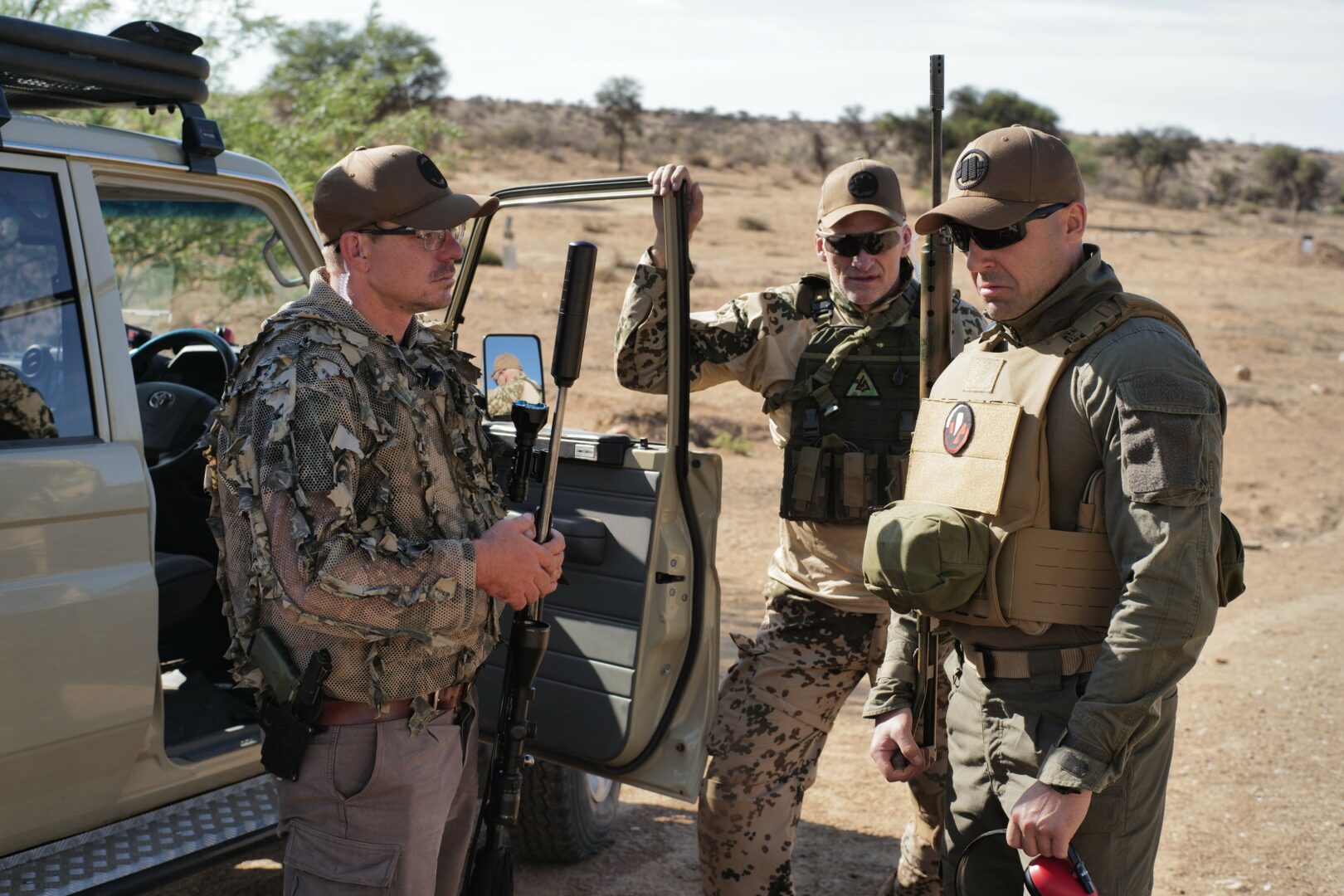We’re looking forward to introducing you to Hermann Binek. Check out our conversation below.
Good morning Hermann, it’s such a great way to kick off the day – I think our readers will love hearing your stories, experiences and about how you think about life and work. Let’s jump right in? Have any recent moments made you laugh or feel proud?
During my volunteer work for Alpha Aid as a member of a special anti-poaching unit, after a long period of hard work, we finally had some luck and were able to stop poachers from killing rhinos. We scared them off and even managed to arrest one poacher. This experience made all of us, including me, incredibly proud.
Can you briefly introduce yourself and share what makes you or your brand unique?
Alpha Aid is a global humanitarian nonprofit committed to restoring dignity, safety, and opportunity to communities and ecosystems in crisis. From sustainable farming to emergency relief, from education to long-term recovery, we take action where it matters most.
We provide resources, training, and support to emergency medical services (EMS) in countries where healthcare systems are under-resourced. By equipping local teams, we help ensure that life-saving care is available when and where it’s needed most.
Alpha Aid has developed a concept to combat poaching nationwide in Namibia. One of the measures that has been implemented is the deployment of an anti-poaching task force. This armed commando unit is composed of experienced former special forces from various military branches. This group is deployed throughout the country under the leadership of a local police officer.
Numerous NGOs aspire to promote anti-poaching initiatives and units; however, upon closer scrutiny, it becomes evident that these entities are predominantly private security groups operating within the confines of private farms, often pursuing objectives that are not aligned with the broader conservation agenda.
Okay, so here’s a deep one: What’s a moment that really shaped how you see the world?
My extensive travels to over 90 countries on security assignments brought to light many moments that reminded me of the importance of a strong moral compass and what really matters in this world. I was often taught that material values count for nothing in comparison to humanity and helpfulness.
What did suffering teach you that success never could?
Alpha Aid learned an important lesson from his suffering: being resilient means not just surviving, but also thriving, even when the path ahead is unclear. Success might show us that we are right, but suffering shows us that we are strong. We can adapt, create new things, and move forward without depending on donations.
There were times when resources were limited, and the weight of our mission felt overwhelming. But we learned to be creative and work together with other groups. We also learned to make solutions that last and don’t need approval from outside. We learned to appreciate real friendship. Suffering taught us that the true impact of something is not measured by the number of donations received, but by the determination to keep going even when support is lacking.
Success can make us feel comfortable and safe, but hard times teach us to appreciate every small victory. It reminded us that everything must be earned. This includes trust, stability, and even hope. Because of the suffering, Alpha Aid doesn’t just operate; we endure, we evolve, and we prove that even when there isn’t enough of something, a purpose can still flourish.
I think our readers would appreciate hearing more about your values and what you think matters in life and career, etc. So our next question is along those lines. What are the biggest lies your industry tells itself?
1. “We Exist to Help, Not Ourselves”
The Lie: Every nonprofit claims its primary mission is to serve beneficiaries selflessly.
The Truth: Many organizations prioritize self-preservation—securing funding, expanding their brand, and maintaining staff salaries—over systemic change. Helping just enough to justify donations (but never enough to make their own role obsolete) is a common survival tactic.
2. “We’re Solving the Problem”
The Lie: Nonprofits frame their work as impactful, long-term solutions.
The Truth: Many programs are short-term, band-aid fixes designed for good PR rather than structural change. If a nonprofit actually solved the problem, it would put itself out of business—so incentives often align with perpetuating dependency.
3. “The More We Grow, the More Good We Do”
The Lie: Expansion (more donors, bigger budgets, new programs) equals greater impact.
The Truth: Growth often leads to bureaucracy, mission drift, and diluted effectiveness. Some of the most “successful” nonprofits excel at marketing, not outcomes.
4. “We Listen to the Communities We Serve”
The Lie: Nonprofits claim to center the voices of beneficiaries in decision-making.
The Truth: Power usually stays with wealthy donors, boards, and leadership—not the people supposedly being helped. Many programs are designed based on what funders want, not what communities actually need.
5. “Overhead Is Bad”
The Lie: Donors demand ultra-low administrative costs, believing it ensures efficiency.
The Truth: This myth forces nonprofits into a starvation cycle—underpaying staff, avoiding necessary infrastructure, and lying about expenses to appear “lean.” Ironically, this hurts their ability to create real change.
6. “We’re the Good Guys”
The Lie: The nonprofit sector sees itself as inherently ethical, unlike greedy corporations.
The Truth: Nonprofits can be just as exploitative—underpaying staff (especially women and POC), hoarding resources, and competing rather than collaborating—all while hiding behind moral superiority.
The Bigger Picture
The nonprofit industrial complex thrives on a cycle of dependency: problems persist → donors feel good giving → organizations survive → the status quo remains. Real change would require shifting power, funding unrestricted grassroots efforts, and dismantling the savior mentality—but that’s a threat to the system that keeps many nonprofits (and their leaders) comfortable.
Okay, we’ve made it essentially to the end. One last question before you go. What do you think people will most misunderstand about your legacy?
Many people who learn about Alpha Aid assume that their help isn’t needed because our projects are overseas. “It doesn’t affect us because we have everything we need at home” is a common misconception. Alpha Aid has set up emergency services that have directly saved the lives of American tourists. We have helped Americans in many countries, proving that we need to look beyond our own borders.
Contact Info:
- Website: https://www.alphaaid.org/
- Instagram: https://www.instagram.com/alphaaidngo/
- Linkedin: https://www.linkedin.com/in/hermann-binek-a9463223/?msgOverlay=true
- Youtube: https://www.youtube.com/@AA_Antipoaching
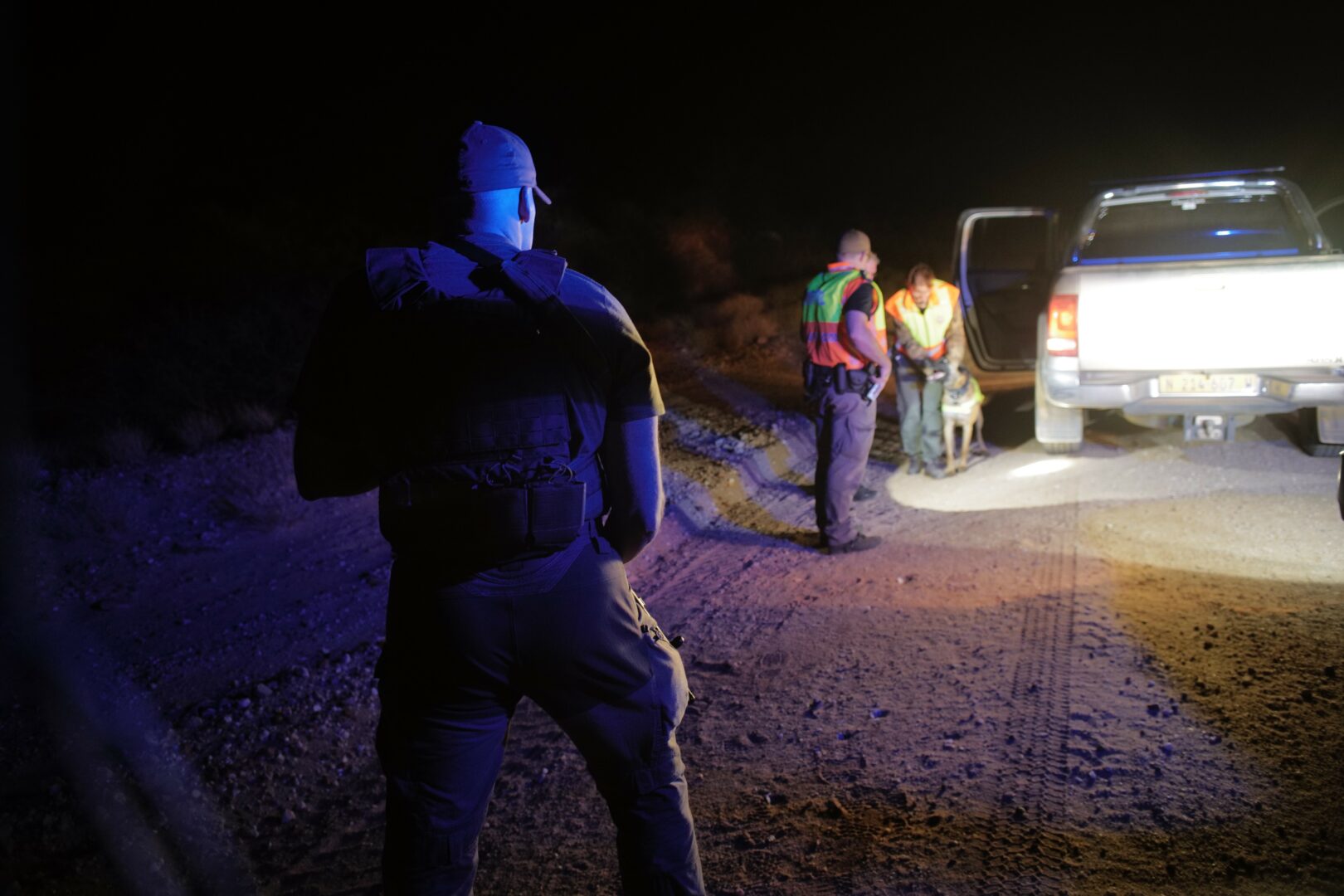
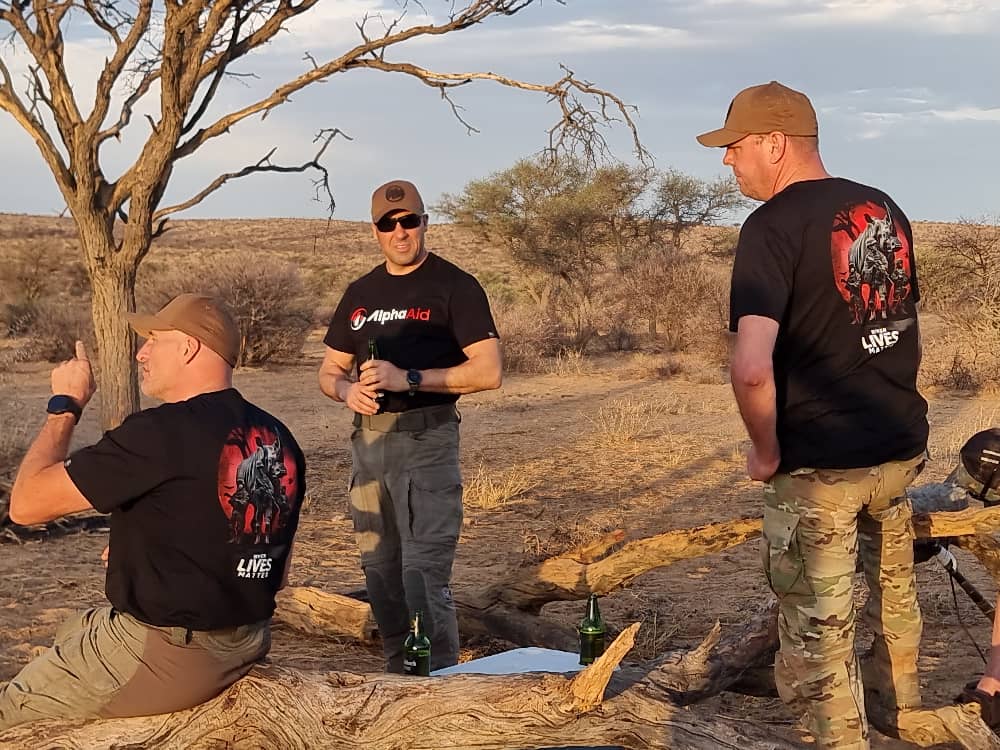
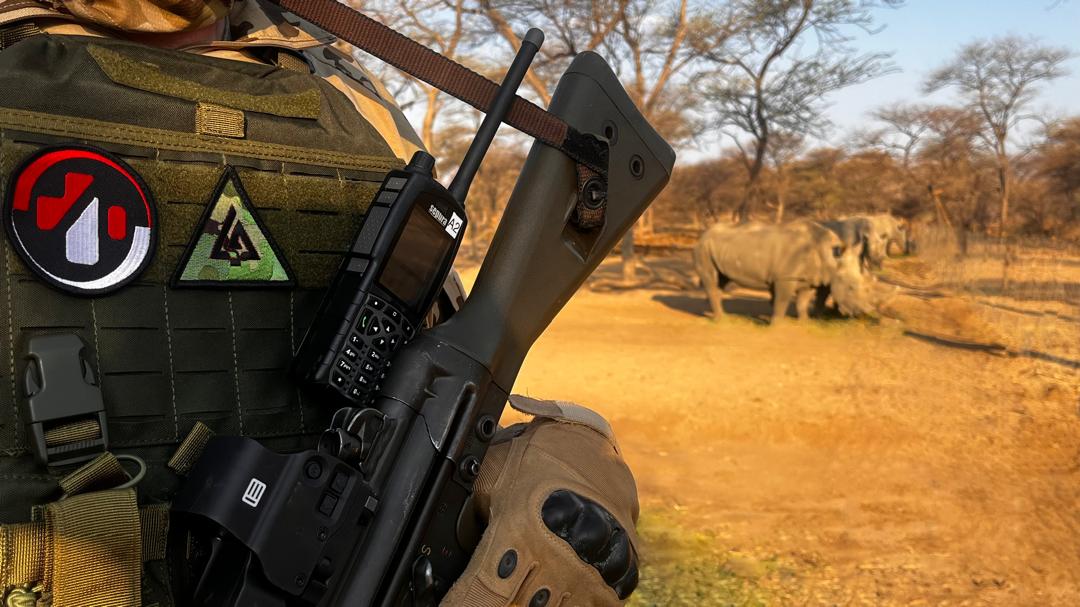
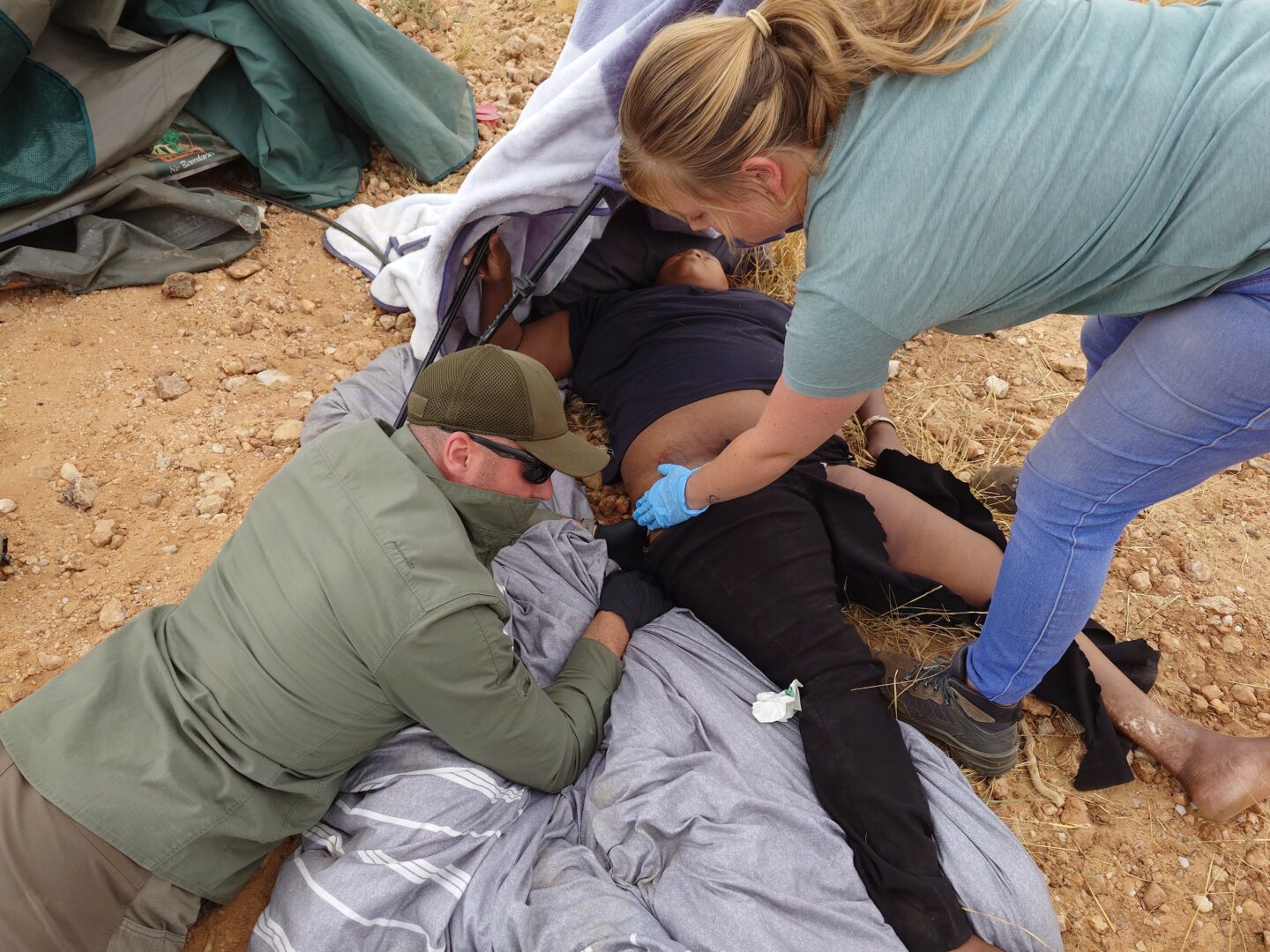
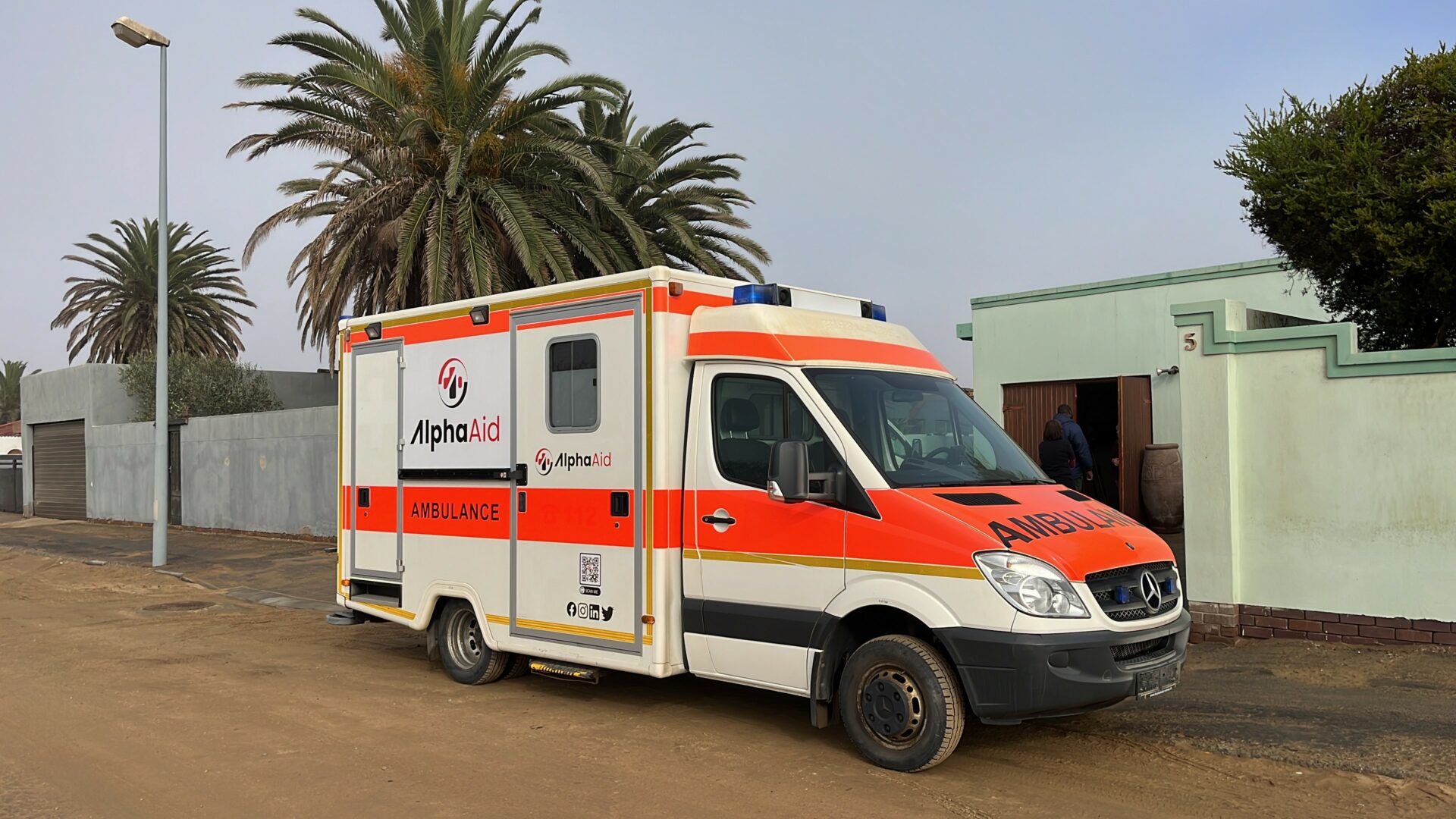
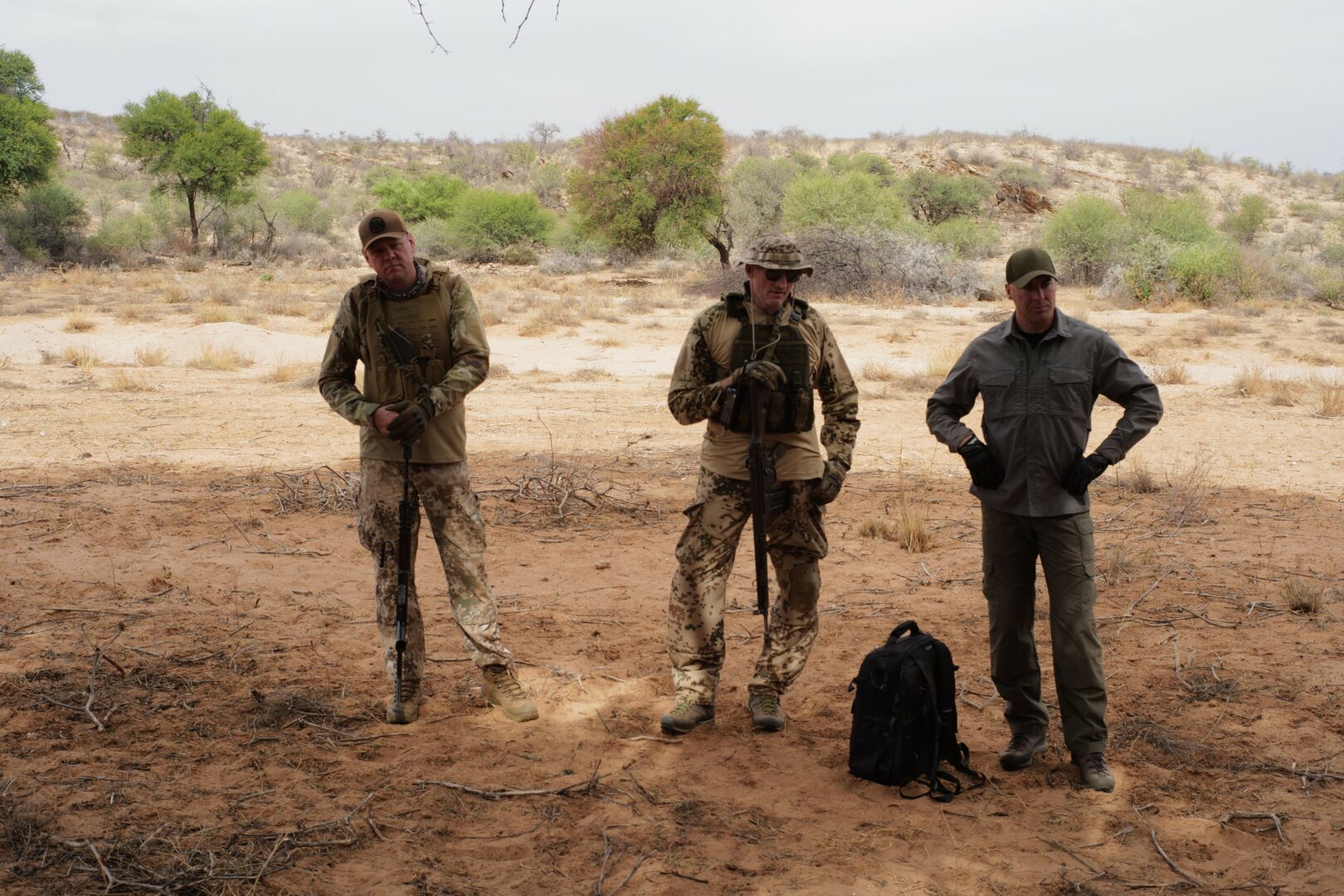
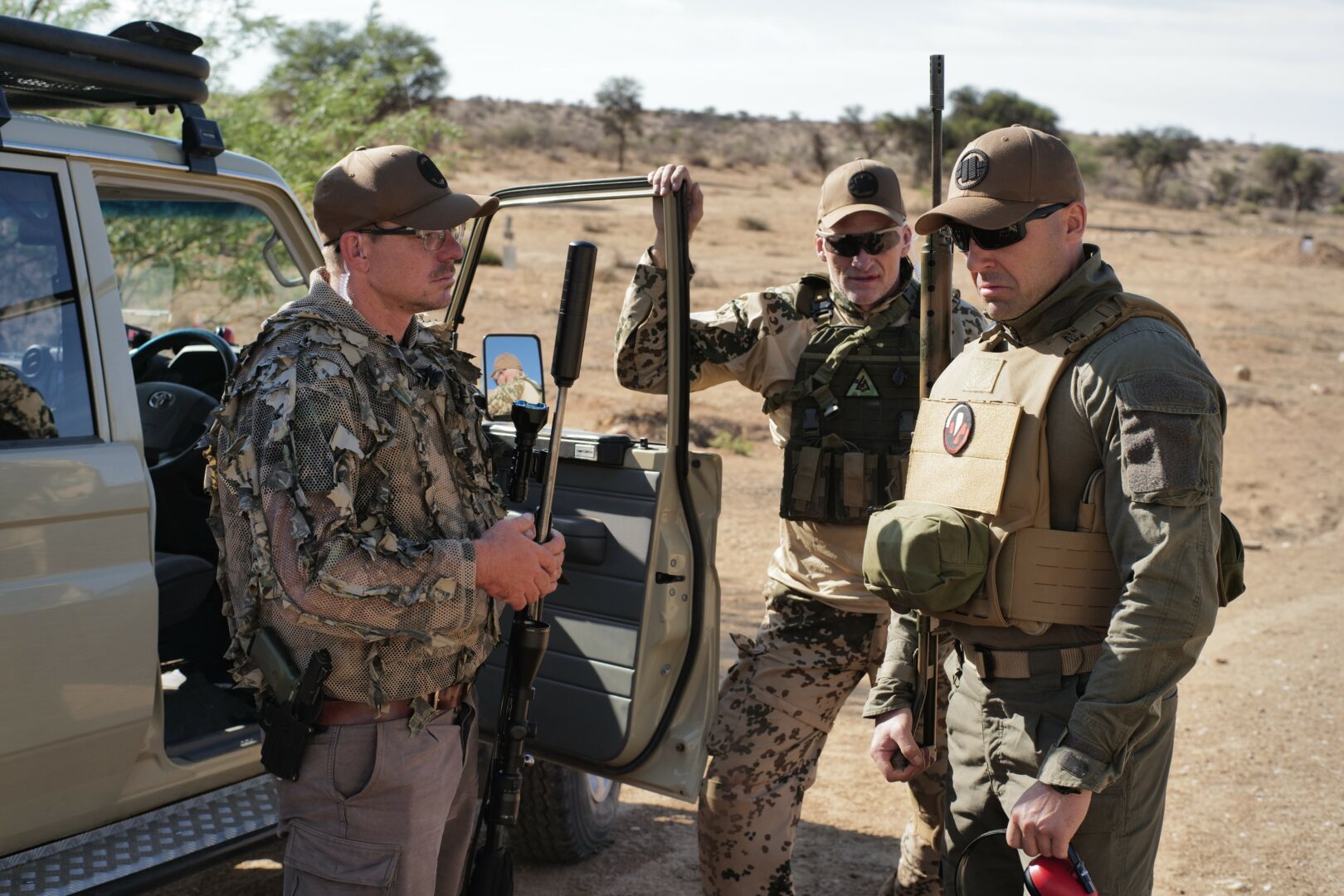
Image Credits
Alpha Aid
so if you or someone you know deserves recognition please let us know here.

